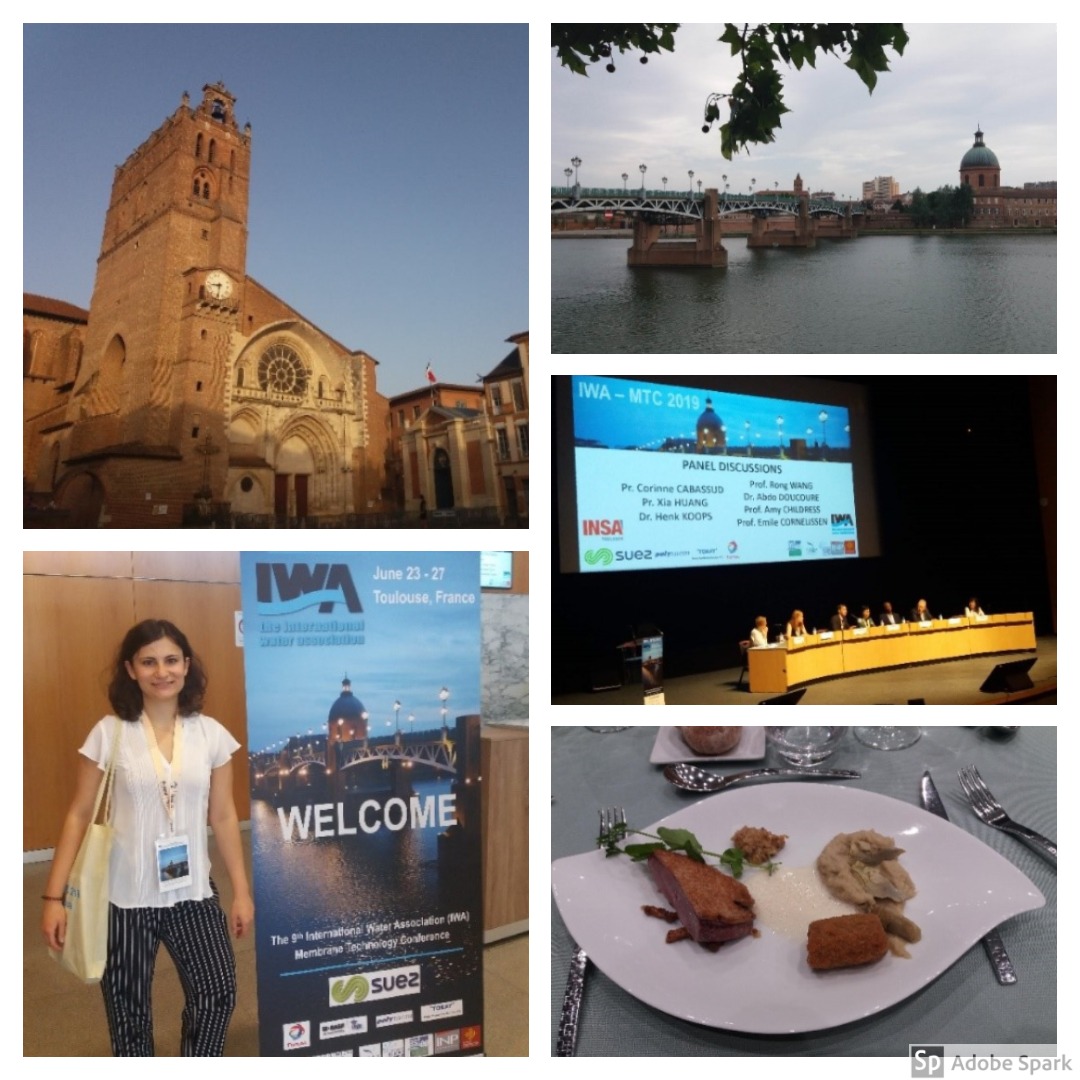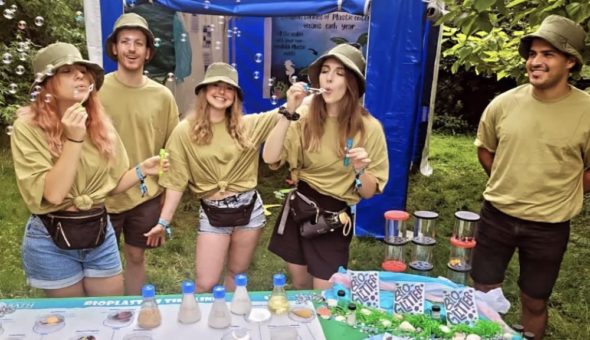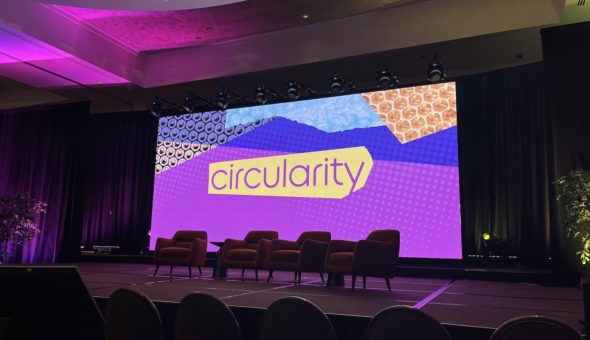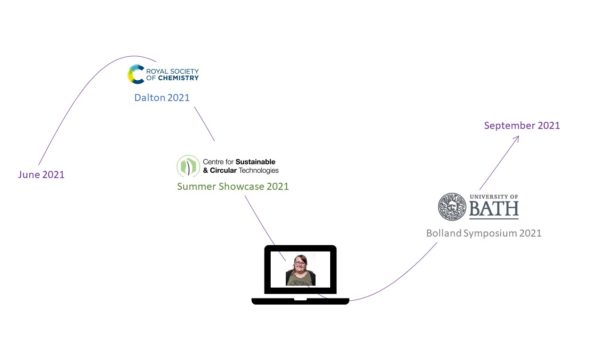Garyfalia Zoumpouli is a third-year PhD student at the CSCT. Her PhD focuses on ozonation technologies for water and wastewater treatment, specifically using membranes to improve the efficiency of ozonation of wastewater. In summer 2019, Garyfalia attended the 9th International Water Association Membrane Technology Conference & Exhibition for Water and Wastewater Treatment and Reuse (IWA-MTC 2019) in the south of France, where she got to present her research to others in the field and widen her professional network.
A few days before the 2019 CSCT Summer Showcase, and while I was frantically preparing to leave for a 3-month internship in the US, I attended a big international conference in the south of France - the IWA-MTC 2019. Held in Toulouse, the event was organized by the International Water Association (IWA) and the Institut National des Sciences Appliquées de Toulouse (INSA Toulouse), with more than 400 participants from around the world.
Membrane technologies play a major role in current water purification and wastewater treatment. Some of the things they are currently used for include seawater desalination, water filtration for the removal of various contaminants, and biological wastewater treatment. In my PhD, I am investigating a less well-known application: bubble-less ozonation using membrane contactors. In other words, I am using membranes to efficiently introduce ozone, a strong oxidant, into the water or wastewater where it reacts with contaminants causing them to degrade or otherwise be more easily removed. While my PhD was initially focused on oxidation processes for water treatment more generally, membranes gradually became a big part of my research, and so I was excited to attend the IWA-MTC 2019 conference and present some of my PhD research to membrane experts.
Several talks during the conference addressed how relevant membrane technologies are for the circular economy. Membrane processes can be, and already are, successfully employed in water reuse schemes. For example, they are currently being used to treat wastewater to such high-quality standards that what started as waste becomes water suitable for drinking.
Other talks discussed approaches to tackle important issues such as membrane fouling and brine or concentrate disposal. Membrane fouling is the deposition of contaminants on, or inside, the membrane in a way that affects the performance of the membrane, which presents a problem because this increases the cost of the process. Similarly, improper disposal of brine can harm aquatic life –since this is a waste stream with a very high salt content– so there is also research that looks into brine recovery to turn it into useful products.
On the third day of the conference, I gave a presentation about membrane ozonation, based on published results from my work at the CSCT, as well as more recent results. Both in the Q&A after the presentation, and throughout the conference, I had many interesting discussions with other researchers in my field giving me loads of ideas for research during the final year of my PhD. As an additional bonus, and although the conference took place during a heatwave in France, I enjoyed wandering around the beautiful city of Toulouse.
I would like to thank the IChemE Water Special Interest Group and the CSCT for financial support to attend the conference.
Respond




